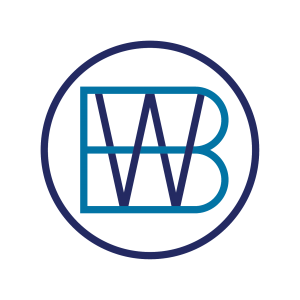https://www.irishexaminer.com/news/spotlight/arid-40199718.html
A recent article (published January 2nd 2021) in the Irish Examiner which focuses on the changing nature of work. As part of my comments I highlight the strong need to think holistically about work beyond thinking just about the ‘where’ of work. Liam Cronin, RDI MD also featured- an innovative and forward thinking executive.
My section highlighted below. (Directly from Irish Examiner Special Report 2nd Jan 2021)
Examining the future of work
In Ireland, pre-Covid, the future of work was being examined in great detail by one organisation — CPL, a talent solutions business.
It had even set up its own Future of Work Institute, headed up by Barry Winkless, the company’s chief strategy officer.
What does it do?
“It questions, explores and designs the future of work solutions with clients and candidates. Given CPL’s unique partnerships with many of the world’s leading organisations, we have access to best and next practices. It is the only group of its kind in Ireland,” says Barry.
They gather data in various ways, such as through questionnaires, workshops, hackathons, the development and testing of models in organisations as well as white paper development.
“The ‘future of work’ refers to the purposeful, integrated design of workplaces, workforces and work tasks across multiple time horizons in the context of business and society,” explains Barry.
While so much focus has been on home or remote working over Zoom in 2020, that is not what they look at in terms of the future of work.
“A lot of focus, unduly, is given to workplace — where people work physically or digitally. But that is just one of three important ‘Ws’: workforce (how workforces are designed in terms of type of employment, how people are managed and motivated) along with work task (the tools, methods, technologies and mindsets used to deliver the work) are equally, if not more, important.
“The Future of Work Institute is very strongly against a narrow view relating to workplace hours or level of flexibility. It needs to be a more holistic view including the other perspectives,” he says. It has been shown that workers are more productive when on a shorter working week.
In a survey to be published this month, the group found 65% of people saw Covid as equal parts challenging and opportunity filled.
“From our recent American Chamber study on the future of work, 65% of people we spoke to highlighted Covid obviously as challenging but, equally, affords an opportunity to change. In most instances, we have noticed either an increased frequency of flexible working or an initiation of regional pilots to assess impact — pilots on a four-day week etc.
“Equally though, we have found no ‘one size fits all’ and some organisations value a physical presence,” says Barry.
But overall, 2020 did have the “obvious effect” of driving proper conversation on flexibility in the workplace.
He does not believe that the four-day work model will become a widespread reality, but “flexibility” definitely will.
There will be different hybrids of working models that need to be appropriate to the environment. We definitely see a trend towards different types of flexibility and would caution against blanket approaches.
“From our research, flexibility is one element of a more ‘human approach’ to working, but there other elements like trusted leadership, flatter structures, inclusivity and a deeper understanding of the human experience in general,” explains Barry.
And when asked what employees really want, it is not just flexibility, home working or a four-day week.
“There is a general desire for organisations that have true meaning behind what they are doing, coupled with a conscious approach to bettering society.
“At a more ground level, it is about being valued, being included, with fair and ethical leadership coupled with flexibility and decent conditions,” says Barry.

